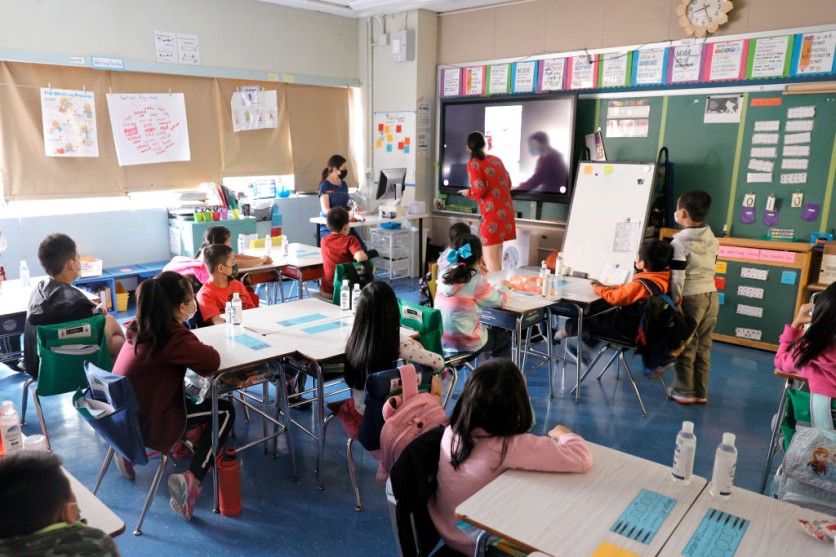The state of New York has decided to prohibit the use of facial recognition technology within its schools. This recent directive of the state's Education Commissioner, Betty Rosa, shifts the authority over decisions related to digital fingerprinting and biometric technology to local districts, according to the Associated Press.
This move comes after a prolonged period of deliberation, which saw the state impose a temporary halt on facial recognition following a legal challenge from parents in an upstate district.

Facial Recognition System in New York Schools
The Lockport Central School District introduced its facial recognition system in January 2020, adhering to specific conditions set by state education authorities.
One critical stipulation was that no student information should be included in the potential threat database. However, the district discontinued using the $1.4 million system later in the same year.
Lockport, located in western New York, was among the early adopters of this technology in the wake of school shootings. Such incidents prompted educational institutions nationwide to implement various security measures.
Lockport officials envisioned the system as a means to swiftly respond to the presence of disgruntled employees, sex offenders, or specific weapons identified by the system.
However, an evaluation conducted by the Office of Information Technology Services last month highlighted that "the risks of the use of facial recognition technology in an educational setting may outweigh the benefits."
The report emphasized a potentially higher rate of false positives for marginalized groups, including people of color, non-binary and transgender individuals, women, the elderly, and children.
Additionally, research from the Violence Project, a non-profit organization, revealed that 70% of school shooters between 1980 and 2019 were current students. The report concluded that the technology might offer only a superficial sense of enhanced school safety.
Biometric Technology
According to the report, biometric technology would not proactively prevent a student from accessing a school unless a school administrator or staff member observed signs of the student being in distress, making a threat, or displaying behavior that could potentially jeopardize school security.
The New York Civil Liberties Union commended the ban, affirming that schools should foster learning and growth environments rather than constant surveillance where sensitive information is potentially at risk. Stefanie Coyle, deputy director of the NYCLU's Education Policy Center, underscored the importance of safeguarding students' privacy.
The state's report also indicated that digital fingerprinting carries fewer risks and could serve beneficial purposes such as facilitating school lunch payments and granting access to electronic devices. However, as stated by Rosa, schools must involve parents in the decision-making process before implementing this technology.
Related Article : Australians Need to Use Facial Recognition Technology to Register to Vote,File for Bankruptcy and Access Gorvernment Services

ⓒ 2026 TECHTIMES.com All rights reserved. Do not reproduce without permission.




